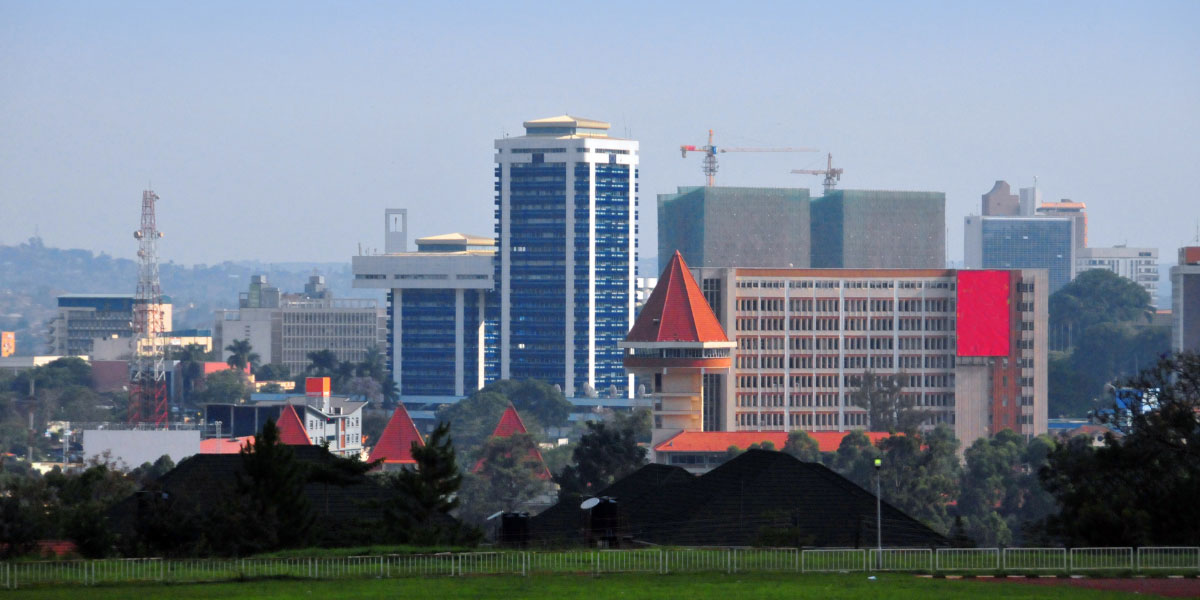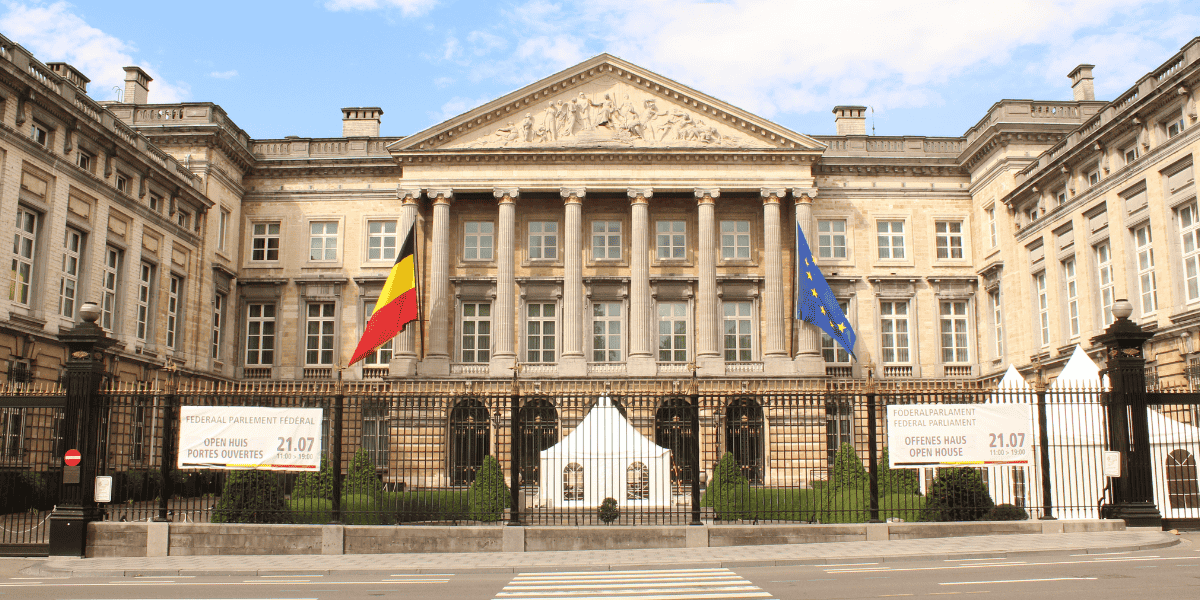On 26 October 2016 the IMF staff team released an end of mission statement summarizing their preliminary findings following a mission to Uganda. Following this they will prepare a report to submit to the IMF Executive Board for discussion.
Although operating in a complex environment with slow global growth and elections held in February 2016 Uganda’s economy has performed well. Economic growth was 4.8% in the fiscal year 2015/16 but indicators have suggested a recent improvement and growth is estimated at 5% in the current fiscal year and at 5.5% in the fiscal year 2017/18, supported by increased infrastructure spending.
In 2015/16 revenue collection increased as a share of GDP but was below expectations owing to lower GDP growth than projected. Current spending was higher than expected and the deficit target was therefore missed. The IMF statement welcomes the government’s intention to raise the tax to GDP ratio by 0.5% of GDP and to prioritize social and development spending.
The IMF statement considers that Uganda must increase infrastructure investment to achieve the targeted increase in economic growth and should also make efforts to increase the effectiveness of social spending.
The statement also urges the government to take the necessary measures to ensure Uganda is removed from the Financial Action Task Force (FATF) list of jurisdictions with strategic deficiencies in the legal framework for combating money laundering and the financing of terrorism (AML/CFT). The necessary measures would include passing the amendments to the Anti-Money Laundering Act and the Insurance Act by December 2016.















